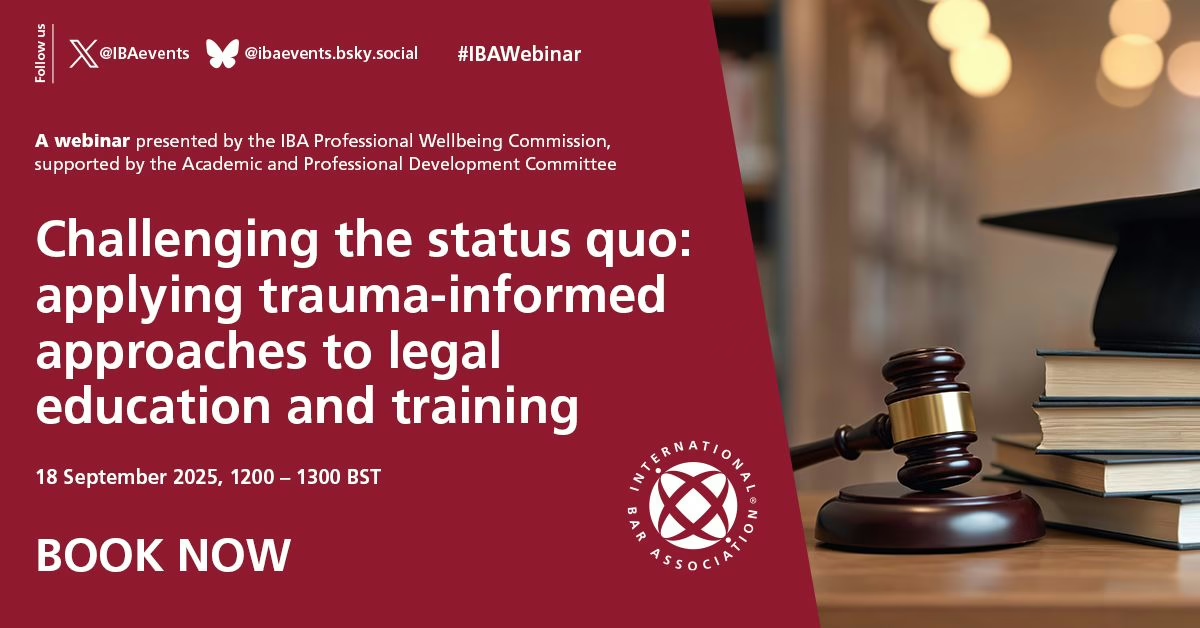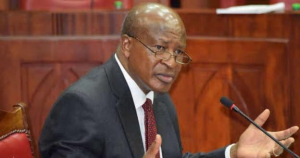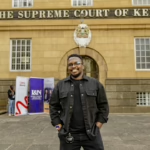Photo by Clay Banks on Unsplash
The vetting of the nominated Permanent Secretaries which commenced on 14th November in various committees was halted by a conservatory order issued by the High Court following a case filed by the Law Society of Kenya on 11th November 2022. The Law Society of Kenya argued that there was no tribal, regional or gender balance in the list of nominees and without taking those factors into consideration, the nominations fall short of the principles of good governance and overall, the constitutional requirement set out in Article 232. The said provision sets out the values and principles of public service which include representation of Kenya’s diverse communities and affording adequate and equal opportunities for appointment at all levels of public service.
What’s in a name or a last name in this case? Why is representation and diversity important in leadership and governance? How does having a representative from my community or ethnic group in various leadership positions benefit me? These are just a few questions a lot of Kenyans have been asking themselves even as we try and fight for proper representation in our governance structures. We may never fully answer these questions because honestly, whether or not ‘your people’ are in government, it doesn’t really change much does it?
Kenya is a country with diverse cultures and peoples and that is the focal point for proper representation. Further, there is a need to give equal recognition to minorities and indigenous communities to ensure equal rights among the whole population. There is then the question of merit versus ethnic representation in the overall competitive qualification process. The same questions linger over the implementation of the two-thirds gender rule. Public service appointments are often linked to the sharing of national resources and the stability of the pre-election ethnic-based coalitions. It is this sharing of the ‘national cake’ that constantly stirs up conversation about regional balance.
Relations among some ethnic communities in Kenya have been characterised by deep animosity and suspicion, which heighten during election periods. This can be attributed to the fact that individuals hailing from a few ethnic communities dominated the political structures and economic resources of the country, all to the exclusion of other communities, both before and after Kenya became an independent country. The new constitution, creating a devolved system of governance came as a breath of fresh air and enhanced the opportunity for the inclusion of the previously excluded communities.
With this background and our colonial past, inclusion is a healing balm for the wounds of exclusion and injustice suffered by most communities in the past. It is a form of solace that shows the progress the nation is making. Secondly, it provides an opportunity for equal access to public services and distribution of resources. Additionally, it helps avoid the concentration of power and abuse of the rule of law. Although sad to admit, Kenya’s past is filled with tales of abuse of power stemming from the ‘mtu wetu’ mentality that has often dictated how some of our leaders appoint government officials to various positions. Balancing these appointments by ethnic diversity takes away the negative influence from one community or gender that may be dominant.
A lot of people question the compromising of competency to ensure diversity and a short response to this is that competent workers are not a reserve of a particular gender or ethnic group, all it takes is shifting the focus from loyalty rewards for campaign supporters to competency and inclusion. If these factors are at play, there would be no feeling of exclusion by any community or underrepresented group of people and further, there would be no need for a court process to stop the appointments or vetting process. There is power in representation and achieving the constitutional requirements of good governance and affirmative action to ensure everyone is on board at the decision making table should be the bare minimum from our leaders.



















